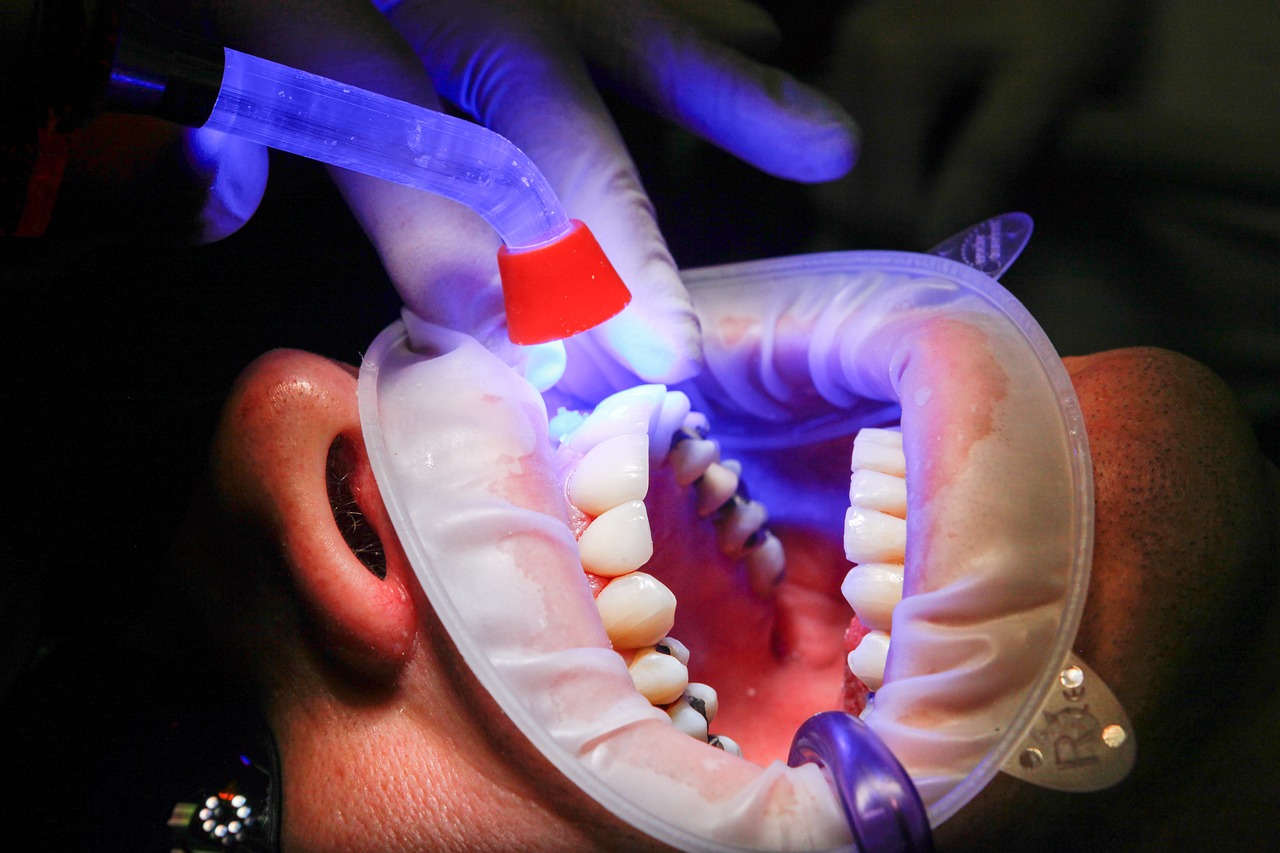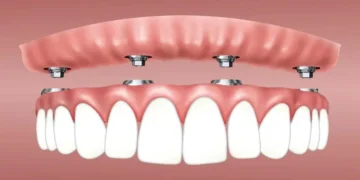Enduring tooth pain can significantly disrupt daily functions and quality of life. While minor tooth sensitivity is common, ongoing or worsening pain often indicates underlying infection requiring a root canal procedure to restore health and comfort. How do you determine if bothersome symptoms warrant seeing an endodontist? Learning key root canal symptoms helps assess when it’s time to seek advanced dental treatment.
1. Severe Toothache Pain
Sharp pain localized distinctly in a tooth – especially one lasting for more than a day or two without relief – is a red flag for possible infection or pulp inflammation requiring urgent dental attention. Throbbing, severe toothaches that make chewing difficult point to the tooth’s inner pulp tissue becoming damaged. The pain may wake you up at night as well. See an endodontist promptly for evaluation when toothaches become severe or persistent.
2. Lingering Sensitivity To Hot And Cold
Teeth typically respond to hot and cold temporarily. But pulp inflammation makes teeth painfully sensitive to hot or cold food and drinks for longer durations. The sensation may linger or intensify after the stimulus is removed. Temperature changes irritate aggravated nerves in the distressed tooth pulp. This prolonged sensitivity to hot and cold indicates a root canal may be needed to settle distressed nerves.
3. Pain When Chewing Or Biting Down
You should be able to chew and bite without sharp pains. Consistent discomfort or jolts of pain when jaws clamp down or chewing pressure is applied can be a symptom of infection or trauma within the tooth. Cracked teeth may also cause sensitivity when chewing. An endodontist can assess damage and provide any necessary treatment including root canals for deeply affected teeth.
4. Tissue Swelling And Gum Pain
Rising pus and fluid pressure from an infected tooth’s root can cause visible gum swelling near the troubled tooth. The gums may become tender, puffy, and red. Dental abscesses require drainage and prompt root canal therapy to clear the infection, relieve pressure, and restore health before the problem spreads. Seek emergency dental care for swelling related to tooth issues.
5. Darkening Color Of The Tooth
A dead or dying tooth nerve can cause changes in the tooth’s color. As the nerve and blood supply is compromised by bacteria and inflammation, a tooth may slowly darken and turn grey, black, or yellowish. Discoloration results from tissue necrosis and interior changes. A dark tooth color tells dentists the inner pulp is diseased and requires treatment like a root canal.
6. Chronic Bad Breath
Foul-smelling breath that routinely lingers despite oral hygiene can be a sign of decay, infection, and periodontal disease. Tooth infections create foul gases that lead to a bad odor emanating from the mouth. Eliminating diseased teeth and gums through extractions, curettage, antibiotics, and root canals helps treat sources of odor and restore fresh breath.
7. Tenderness Or Gum Boils
Infected tooth roots can cause inflammation and bacterial collections called gum boils that are tender to the touch. If the infection spreads through surrounding bone and tissues, painful pus pockets called dental abscesses form, prompting swelling and throbbing discomfort. Root canals are often required after abscesses are drained and antibiotics administered to address the diseased tooth source.
If you are experiencing any of the above symptoms of long-lasting pain, tooth discoloration, temperature sensitivity, abscesses, bad breath, or damage when chewing, promptly visit a dentist or specialist like alpha dental for evaluation and treatment. Caught early, minor repairs can remedy issues, but left untreated, root canals are often required for definitive relief and to save the troubled tooth. Addressing warning signs prevents exacerbation and extensive dental work later.
To Wrap Up
Knowing the common signs that indicate root canal treatment is warranted allows early intervention to resolve issues, relieve pain, and prevent further damage. With modern techniques, root canals efficiently alleviate symptoms and save natural teeth. Partnering with endodontists provides access to specialists skilled at diagnosing underlying causes and providing the appropriate solutions for your situation. Don’t delay in seeking help for persistent dental discomfort or risk complications. Responding quickly gets you back to comfortable, healthy oral functioning.


 Home
Home








